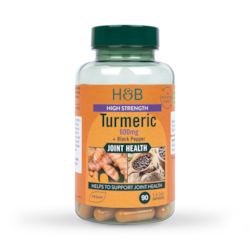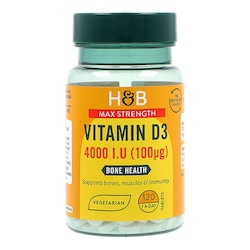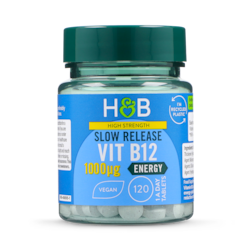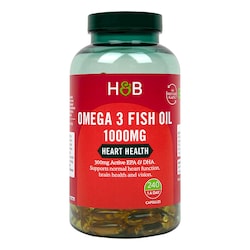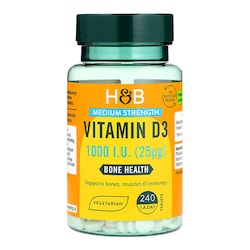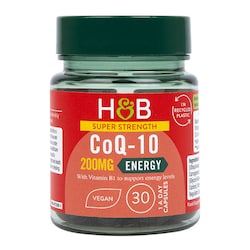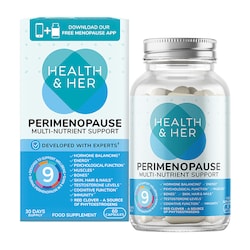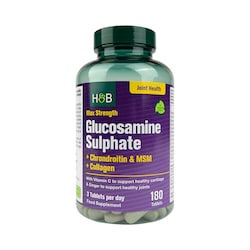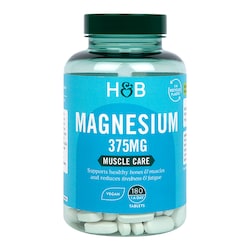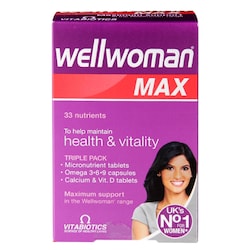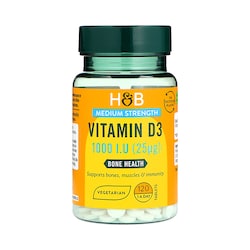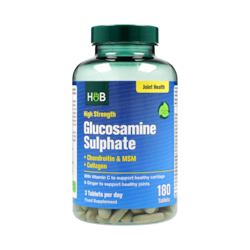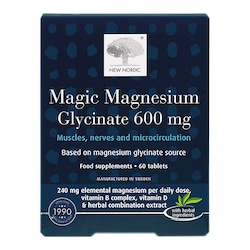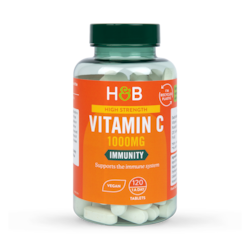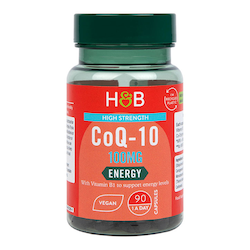20% off £30
Water-soluble vs fat-soluble vitamins: what’s the difference?

We know that not all vitamins are created equal. But did you know your body absorbs them differently? Some are stored in your body; some get flushed away - so it’s important to know what’s in and what’s out!
Learn about water-soluble vitamins and fat-soluble vitamins and how each could impact your daily nutrition.
Skip to:
What are water-soluble vitamins?
Water-soluble vitamins dissolve in water. When they enter your bloodstream, they’re absorbed into your tissues to use straight away.¹
If they’re not used immediately, you’ll lose them through your urine.
Because water-soluble vitamins cannot be stored in your body for very long, they must be replenished often. It’s important to eat or supplement water-soluble vitamins every day.
Which vitamins are water-soluble?
B vitamins and vitamin C are the main water-soluble vitamins we need.
B vitamins are responsible for a wealth of processes throughout our body, mainly to do with our nervous system, skin, blood cells, and energy:
- B1 (thiamin) and B3 (niacin) keep the nervous system in check and help us release energy from food.
- B2 (riboflavin) also does this, as well as keeping the eyes and skin healthy.
- B4 (pantothenic acid) helps us release energy from food.
- B6 (pyridoxine) helps to form the haemoglobin in red blood cells and helps the body store energy from the protein and carbohydrates we eat.
- B7 (biotin) is usually already present in our bodies (thanks to certain bacteria in our bowels). A small amount is needed to help us produce fatty acids.
- B9 (folic acid) is especially important if you’re pregnant, as it reduces the chance of certain birth defects. It also helps the body create healthy red blood cells.²
Vitamin C is responsible for:
- Supporting our immune system
- Protecting against free radical damage
- Collagen production
- Wound healing
and more.³
Because they’re water-soluble, you lose B vitamins and vitamin C easily when you go to the toilet. You’ll need to include them in your diet (mainly through fruit and veg) every day.
What are fat-soluble vitamins?
Unlike water-soluble vitamins, fat-soluble vitamins can be stored in your body for longer.
They’re absorbed through the fats you eat, and they stay in the body’s fat tissue and liver until they’re needed.
Many fat-soluble vitamins can be stored for at least 6 months.⁴
While this means we’re less likely to become deficient if we already include fat-soluble vitamins in our diet, it does mean there’s a risk of letting them build up to toxic levels.
Luckily, this is very unlikely in a healthy, balanced diet.¹
It’s more a risk if you’re taking multiple vitamins and supplements and “doubling up” on some substances.
Which vitamins are fat-soluble?
Think of the slightly terrifying Doctor Who villains for this one, and remember the mnemonic DALEK:
- D: Vitamin D keeps bones, teeth, and muscles healthy. We get it mainly through sun exposure, but also through some foods like red meat, egg yolks, and oily fish.⁵
- A: Vitamin A supports the immune system, helps our vision, and keeps skin healthy.⁶
- L: stands for lipids and liver, where fat-soluble vitamins are stored.
- E: Vitamin E contributes to the protection of cells from oxidative stress.
- K: Vitamin K helps your blood clot (important when you get injured). You can find it in leafy greens like broccoli and spinach and in vegetable oils.7
Can you have too many vitamins?
Yes - especially if they’re fat-soluble.
Usually vitamin deficiencies are more of a concern for most people (around 1 in 5 UK adults are vitamin D deficient).⁸
But you can be at risk of toxic overdoses if you’re accidentally taking too many supplements. Perhaps you’re taking a vitamin A supplement, and you don’t know that your multivitamin already contains it!
Beware not to exceed some of the following fat-soluble vitamins:
You shouldn’t exceed the recommended dietary allowance (RDA) of any vitamin, but especially not the following fat-soluble vitamins:
- Vitamin D: While many of us don’t get enough, you shouldn’t need more than 10µg and you shouldn’t exceed 100µg. High levels of vitamin D over a long period of time can cause too much calcium to build up in the body and potentially damage the kidneys and heart.⁵
- Vitamin A: 700µg for men and 600µg for women daily (if you’re aged between 19 and 64). Excess vitamin A can harm an unborn baby, so you shouldn’t take vitamin A supplements if you’re pregnant.⁶
- Vitamin E: 4mg for men and 3mg for women daily.
- Vitamin K: 1µg (microgram) for each kilo of your body weight. For example, someone weighing 65kg needs 65µg a day of vitamin K.⁸
Overdosing on these can cause effects ranging from nausea and vomiting to growth and birth defects - so speak to your GP if you’re unsure about your intake.¹
The final say
So, to summarise:
- Water-soluble vitamins (mainly B and C) are dissolved in the water in your body
- They are easily lost (ie through urine) and need to be replenished often
- Fat-soluble vitamins (vitamins D, A, E, and K) are absorbed along with the fats you eat
- They can be stored - so make sure you don’t take too many through supplements
Speak to your GP before taking new vitamins or supplements, or if you think you’re not getting the right amount.
The advice in this article is for information only and should not replace medical care. Please check with your GP or healthcare professional before trying any supplements, treatments or remedies. Food supplements must not be used as a substitute for a varied and balanced diet and a healthy lifestyle.
Last updated: 12 December 2022
- https://www.verywellhealth.com/fat-vs-water-soluble-998218
- https://www.nhs.uk/conditions/vitamins-and-minerals/vitamin-b/
- https://www.nhs.uk/conditions/vitamins-and-minerals/vitamin-c/
- https://www.webmd.com/vitamins-and-supplements/fat-soluble-vitamins-vs-water-soluble-vitamins
- https://www.nhs.uk/conditions/vitamins-and-minerals/vitamin-d/
- https://www.nhs.uk/conditions/vitamins-and-minerals/vitamin-a/
- https://www.nhs.uk/conditions/vitamins-and-minerals/vitamin-k/
- https://mm.wirral.nhs.uk/document_uploads/guidelines/Vitamin%20D%20Guidelines%20for%20Adults%20v2.pdf




